FIO MIGLIORE: THE GREENER SIDE OF PARAGUAY
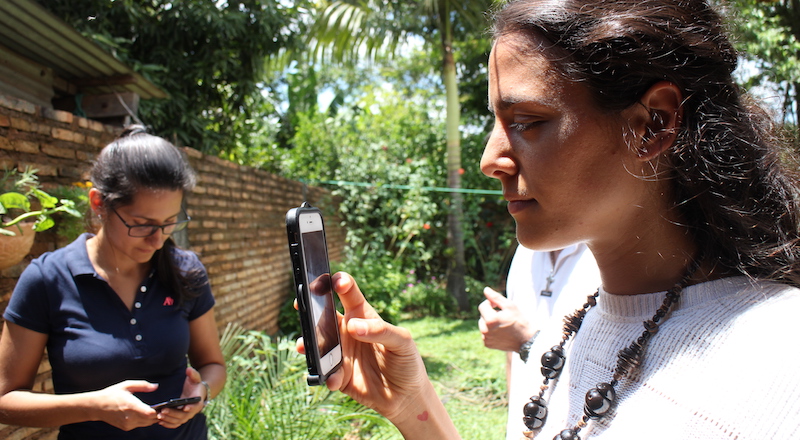
Paraguay is definitely not the most eco-friendly or sustainable country I know. In fact, due to its rich and fertile soil, it should be a country with no lack in food, health or wealth, but this is not the case. Instead, it’s a country where much of the land is owned by foreigners, where people throw most things away without recycling and where the main basis of nutrition is meat and wheat products.
Yet, although the country does not exactly excel in environmental friendliness or sustainability, constant small scale efforts are being done to change this. There are whole villages striving towards self-sufficiency, and a handful of individuals fighting for making Paraguay a healthier and better place to live in. One of such villages is Arroyos y Esteros, and one of such individuals Fio Migliore.
Arroyos y Esteros
Arroyos y Esteros, located around 60kms Northeast of Asunción, is an exceptional village in Paraguay. At first glance seems like a very typical, rural village, yet its appearance is deceiving. In fact, Arroyos y Esteros is quite advanced in what comes to self-sufficiency and sustainability. For example, it’s home to Cooperativa Manduvira.
Cooperativa Manduvira is the result of local peasant farmers getting fed up with a foreigner who used to own a sugar cane factory in the area. As is often the case, this foreigner exploited the farmers by paying them miserable wages and by having them work with the worst of working conditions. Finally, it all came to a point where the farmers decided to go on a strike and build their own factory with their own conditions. This was done with the help of foreign consultants and funding. Nowadays, both the cooperative and the factory operate according to the philosophy of Fairtrade.
In addition to Cooperativa Manduvira, actions are taken for making the whole village environmentally conscious and independent from foreign money. Some of these actions are big, some are grassroots initiatives by a few people. The latter include daily cycling to work and making green smoothies out of local herbal plants, which are then sold at the main square – an initiative started by Fio Migliore. The idea is to provide locals with vitamins and minerals, whilst showing people that they have an enormous amount of nutritive food growing right at their backyards. The green smoothie revolution has been welcomed and implemented by locals with utmost enthusiasm.
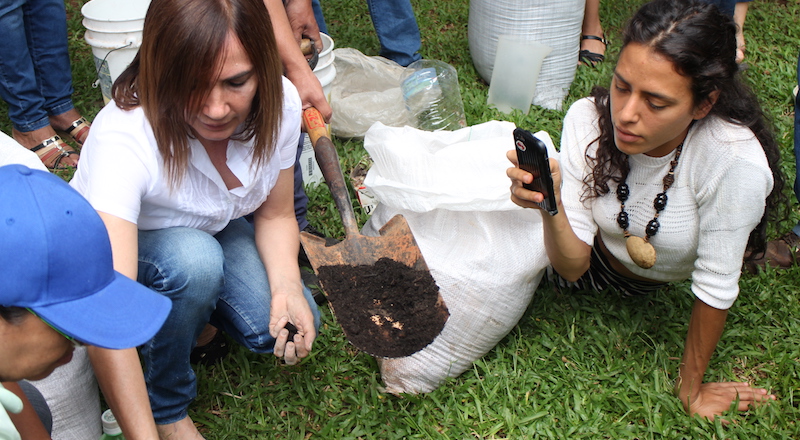
Arroyos y Esteros with Fio Migliore
As is often the case, when you go to a village/town/city without someone who knows the place well, you only perceive the outer signs of what’s going around. I cycled through Arroyos y Esteros on my way from Canindeyu to Asunción and although I stayed with a lovely Peace Corps Volunteer, the reality of my virgin visit was quite different from my second time there. This time I went for for a workshop on urban gardening with Fio Migliore.
Who is Fio Migliore?
Fio Migliore is a Paraguayan woman, who has worked in television and modeling since the age of 13. At the age of 18, Fio traveled to Italy to compete in Miss Italia Nel Mondo (mainly to have an excuse to travel to Italy) and to her surprise, won the competition (this is a competition which is organized for people of Italian descent all over the world). This gave her the opportunity to live and travel around Italy for a year after which Fio moved to Los Angeles. There, she pursued her career in acting, before moving back to her home country, Paraguay.
What’s her contribution on sustainability?
In the recent years, Fio has gone through quite drastic changes in her life: due to health problems she got into raw food five years ago, and has since then realized that nutrition is not only about what we eat, but about a wholesome way of thinking. Nowadays Fio works for promoting an environmentally and innerly conscious lifestyle in Paraguay. Fio Migliore is also very much involved in the self-sufficient, green revolution of Arroyos and Esteros. As stated above, Fio has provided locals with the idea for green smoothies and also continuously contributes into organizing workshops in the village.
Urban gardening in Arroyos y Esteros
I won’t go into detail on urban gardening here, but what it’s basically about is providing your own food in the small space of a backyard, balcony or whatever outside space you may have in a non-rural surrounding. At its best, it can make you very self-sufficient in regard to food, and it allows you to cultivate the things you want without the use of pesticides. As a big part of urban gardening is about using very little space for a wide amount of plants and vegetables, a great idea for urban gardening is e.g. vertical cultivation. Most importantly, by having your own garden, you can be sure not to be giving out money for exploitation, deforestation and other unwanted consequences of mass production.

10 commands of a sustainable Paraguayan
I have discovered in Paraguay a country of great potential in many areas. Although there are quite a few large-scale challenges, such as corruption, male chauvinism and education, there are many small-scale changes individuals could easily do, in order to make their country for example more sustainable. The country is provided with an enormous amount of natural richness, yet what it lacks is locals taking full advantage of this.
Here are some baby steps I would suggest for each and every Paraguayan (or at least every Asunceno) to take into account, in order to make the country a tiny bit more sustainable than what it is at present. These are things which I consider could be changed with very little effort. Here are both my observations, as well as my suggestions for what to do instead.
1. (NO) mangos in plastic bags
During mango season, the streets of Asunción are filled – and I mean filled – with mangos. They are such a nuisance to locals, that they are collected into plastic bags and thrown away as trash. Obviously, collecting biodegradable fruits into non-degradable plastic is an unsustainable idea per se (because the plastic bags prevent the fruits from molding), but throwing away edible fruit is just crazy. If the mangos cannot be eaten for one reason or another, they could at least be dug into the ground, but even better would be creating a local business which collects the mangos and fabricates them into marmalade, mango mash, juice, pies and whatever else could possibly be thought of. In the very extreme case (which is not so sustainable anymore), these organic products could be exported into countries (like Finland) where mangos are a pure luxury.
2. (NO) leaves in plastic bags
When Paraguayans clean their yards from leaves, the leaves are either burned (in rural areas) or burned (in cities). Again, putting organic material into non-organic plastic bags is a mere offense to nature and totally unnecessary. In addition to this, leaves often have a great nutritional value for the soil and could therefore be left in place after falling down. Yet, as they are raked due to mere aesthetic reasons, the eco-friendly thing to do would be digging a hole in the ground and filling that hole with the leaves. Not only do the leaves decompose during time, but they also fertilize the soil immensely.
3. (NO) plastic bags in supermarkets
Not only is putting mangos and leaves into plastic bags a problem, but the real problem is the amount of plastic bags that you are surrounded with in Paraguay. When going to the supermarket, all fruits and vegetables are put into separate plastic bags and when leaving, all groceries are put into various, small bags. In many provinces in Argentina, supermarkets don’t even sell plastic bags anymore. Instead they sell sustainable shopping bags made from eco-friendly materials. Once you buy one, you can easily take it with you to the supermarket/grocery shop, or if you don’t have one, you can buy it at the cashier. So, the ideal would be people carrying their own bags when going grocery shopping and recycling the unavoidable ones. I have not yet come up with a good DIY idea for recycling them, so if you have one, please leave a comment below!
4. (NO) mass production
Most people are aware of the fact that mass production of anything is not good for the environment. In Paraguay, especially the mass production of soy and wheat are what impact the country most. As insects and illnesses damage crops and therefore mean less money to farmers, mass production nearly always comes with a huge amount of insecticides and pesticides. In addition to this, it often means deforestation and local farmers being left without lands and with illnesses (from working the poisonous lands). What, then, would be the ideal on small-scale? Cutting down on soy, wheat products and animal derivatives (as a large amount of the cultivated soy goes into feeding animals) and cultivating your own vegetables in your backyard. The more of certain products we consume, the more they will be produced.
5. (NO) everyday meat
The reason I tackle eating meat is due to the mass production of the food given to cattle and other animals grown for eating. Although many Paraguayans will disagree with me on this one, it has been extensively researched that eating meat daily is not good for your health. An occasional asado (barbecue) here and there will not do you any harm, but eating meat everyday is totally unnecessary. No one needs it, no matter how much you say you do. It’s just a question of making your body used to lighter eating habits and replace animal proteins with vegetable proteins (such as lentils, beans, sesame seeds, oats etc.).
6. (YES) urban gardening and eco-agriculture
Paraguay is a country with a lot of sun, heat and fertile soil. In comparison to e.g. Finland, where the country is covered with snow with half of the year, Paraguay has all the prerequisites for growing things for eating right at your backyard with very little efforts. The natural resources of the country are incredibly impressive, and eco-agriculture could be applied so much more than what it now is. Small-scale gardening would positively affect nearly all individuals, as the only people who gain from mass production are the landowners, their business partners and perhaps some politicians. Definitely not the buyers nor the workers (yes, the workers are provided with jobs, but as the example of Manduvira shows, with a little bit of empowerment, these jobs could be created and executed by the workers themselves, not foreign landowners).
7. (YES) recycling
It is incredible, how easy and important recycling is and how little value is given to it in many countries (like Poland, Mozambique or Paraguay). Recycling is one of the fundamentals of sustainability and it’s something every individual can easily do. Not only can you say no to buying things you don’t need and trying to make use of old things for as long as you can, but you can also be imaginative with what to do with things that are not recycled in your country. For example, making plant vases from plastic water containers, glasses from non-recyclable glass bottles and whatnot. As, for example in Paraguay, there is no recycling system for cans or plastic bottles, if you have any creative ideas for what to do with them, please leave a comment in the comment field below.
8. (YES) cycling
As a long-distance cyclist, I’m obviously pro cycling. However, it’s not just out of my own pleasure that I say “yes” to cycling. Bicycle is an ecologic, ergonomic and economic means of transport which should definitely not be overlooked neither in rural areas nor in cities. It does not pollute, it’s a cheap investment, and when cycling, you do exercise, which is fundamental for an individual’s well-being. Although cycling in e.g. Asunción can be rough at times, the more people cycle, the more politicians will eventually invest on good cycling facilities. This has already happened in Buenos Aires and it’s only a matter of time when it expands also to Asunción. However, if you’re addicted to driving, at least turn off the engine when you stop your car. Even just that little while will cut down on pollution.
9. (YES) solar panels
Paraguay is a country of enormous amounts of sunlight per year. It’s also the country with the world’s largest water power hydroelectric power plant, Itaipú. Nevertheless, it’s a country which continuously suffers from power cuts, because although there is energy, the country has never made efforts for bettering the system of its distribution. To avoid households being left without electricity for days, and also to avoid high costs of electricity, people could easily install solar panels in their houses. This would make houses self-sufficient regarding energy, and would also contribute into a sustainable lifestyle. Sun rays are not scarce in Paraguay, so it’s nearly incredible that this option is not utilized by every single Paraguayan.
10. (YES) waste separation
Separating organic waste from non-organic waste is so easy it’s almost hard for me to understand that not everyone does it. It’s like with the mangos and leaves in plastic bags – all you need to do is make a compost or dig a hole into the ground and throw your organic waste inside it. Basically, you could even throw the waste from your toilet bin inside it, as feces are nutritive for the soil and toilet paper degradable. Also, instead of putting things like tereré yuyos into plastic bags, you can put them into plant vases or on the soil of your garden. It makes no sense whatsoever to stash even your tereré residues inside a plastic bag.
How I met Fio?
A common friend, Edu, told me Fio was a person I should meet. There are not many vegetarians in Paraguay, so when there is one, it already forms a tie between two people. In addition to this, her personal story from a model and Miss to an ambassador of health definitely caught my interest!



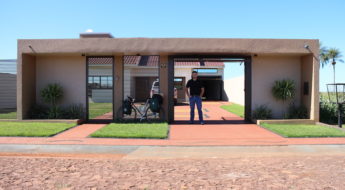
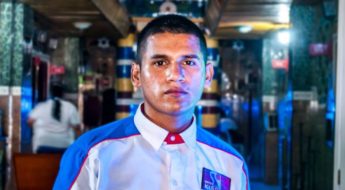
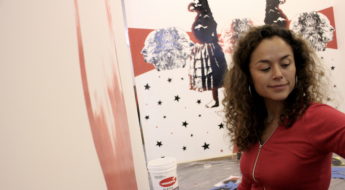
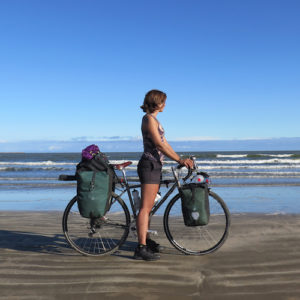
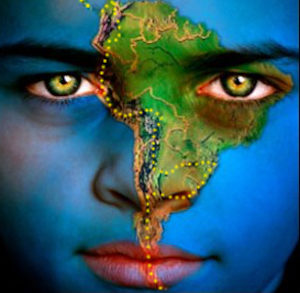
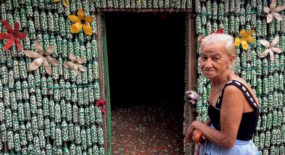

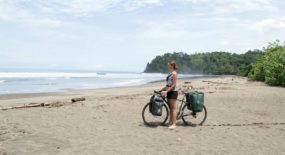
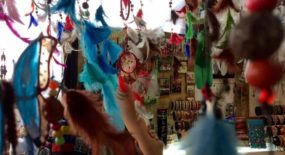
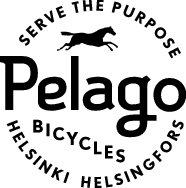

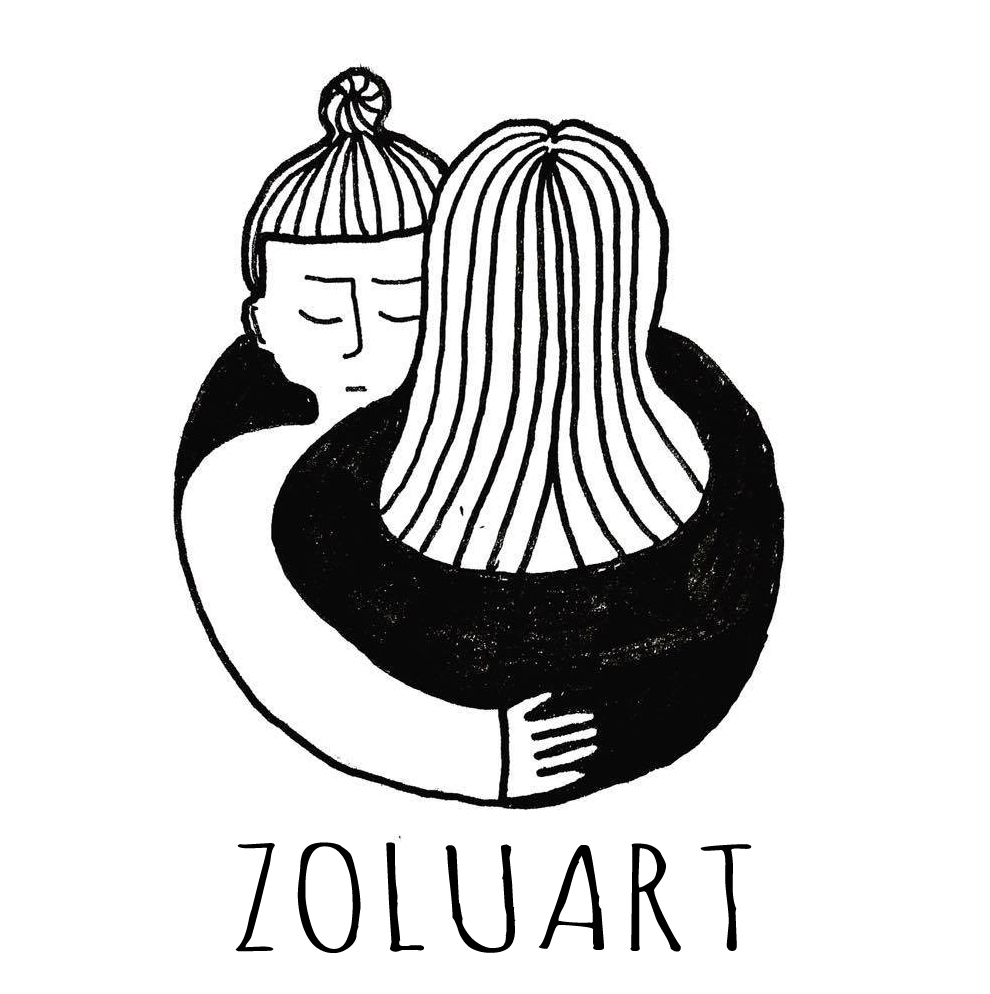



Why you don’t go and talk about these great ideas to Paraguayan politicians?! Someone there would be interested in these thoughts I’m sure!
I may try in the future 😀 Now let’s first see the other countries!